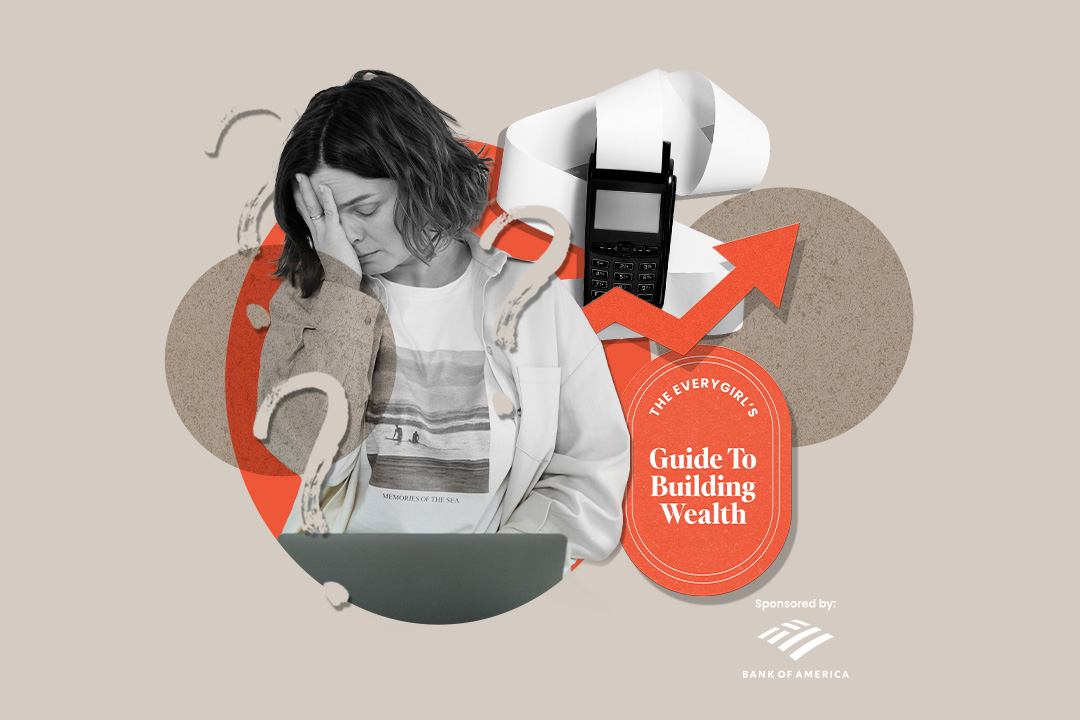Bringing up the idea of going to therapy with your partner can be daunting, especially if they believe everything is fine in your relationship. However, taking care of your mental health proactively is vital, even when things seem smooth. Just like your annual checkup with a doctor, couples therapy is a way to nurture your relationship and well-being.

Therapy benefits everyone, and you don’t need a specific reason to seek help other than a desire to enhance your relationship. Couples therapy can help break the stigma around seeking assistance. Your relationship significantly impacts your overall happiness, making therapy a valuable investment.
Creating a strong partnership is ideal, but challenges can arise unexpectedly and affect various aspects of your life. Conversely, a happy relationship can lead to personal growth for both partners. Seeking couples therapy doesn’t require justification – it’s a proactive step towards maintaining a healthy relationship, much like having a doctor for preventive care.
You may envision a perfect relationship straight out of a movie, but nurturing and sustaining it requires effort. Even if you and your partner are content currently, establishing a connection with a therapist is wise. This foundation provides support if issues arise and offers various benefits:
Six Advantages of Engaging in Therapy with Your Partner
1. Cultivate a Positive Routine
Similar to seeing a doctor regularly, attending therapy helps you adapt to changes in your relationship dynamics. A therapist can offer a fresh perspective, benefitting couples not only facing severe issues but also those feeling stuck or dissatisfied in their relationship.
Therapy can be beneficial during major life transitions, providing impartial guidance to navigate decisions and ensure both partners feel understood and supported.
2. Address Small Problems to Prevent Resentment
Resentment and contempt can harm relationships when minor issues are left unresolved. Openly discussing concerns in therapy allows couples to find compromises and prevent negative emotions from festering.
For instance, issues like mismatched sex drives can be resolved through therapy, avoiding potential resentment and improving overall communication.
3. Explore and Resolve Negative Feelings
Unexplained negative feelings towards your partner can stem from unresolved issues, such as differing attitudes towards money. Therapy can help uncover the root cause of these emotions and address them, preventing them from affecting the relationship.
4. Gain Skills for Mutual Growth
Therapy provides tools for couples to navigate life’s challenges together effectively. From conflict resolution to open communication, these skills enhance the relationship and create a stronger bond.
5. Strengthen the Relationship and Appreciation
Therapy aids in revitalizing the bond between partners and fostering a deeper appreciation for each other. Engaging in activities like reading together or expressing gratitude can enhance mutual understanding and emotional connection.
6. Challenge Mental Health Stigma
Acting proactively to seek therapy challenges the stigma around mental health. By normalizing therapy as part of self-care, you set a positive example for others and contribute to changing perceptions about seeking help.
Remember, couples therapy doesn’t require a specific reason. By prioritizing your relationship’s well-being, you invest in your happiness and contribute to a healthier approach to mental health care.






